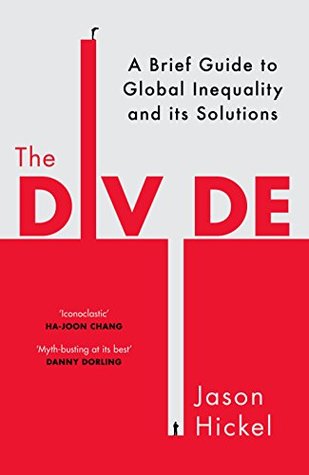What set off the crisis of stagflation? Most scholars point to a few key events that happened during the Nixon administration. For one, Nixon was engaged in expansionary monetary policy – in other words, he was effectively printing money.52 On top of this, government spending on the Vietnam War at the time was spiralling out of control. As international markets worried that the US would not be able to make good on its debts, the dollar began to plummet in value and contributed further to inflation. And while all of this trouble was unfolding, another crisis hit. In 1973, OPEC decided to drive
What set off the crisis of stagflation? Most scholars point to a few key events that happened during the Nixon administration. For one, Nixon was engaged in expansionary monetary policy – in other words, he was effectively printing money.52 On top of this, government spending on the Vietnam War at the time was spiralling out of control. As international markets worried that the US would not be able to make good on its debts, the dollar began to plummet in value and contributed further to inflation. And while all of this trouble was unfolding, another crisis hit. In 1973, OPEC decided to drive up the price of oil. The price of consumer goods suddenly shot up too, because the energy required to produce and transport them was more expensive. And because production became more expensive, economic growth slowed down and unemployment began to rise. It was a perfect storm. The crisis of stagflation was the direct consequence of specific historical events. But the neoliberals rejected these explanations. Instead, they insisted that stagflation was a product of Keynesianism – the consequence of onerous taxes on the wealthy, too much economic regulation, labour unions that had become too powerful and wages that were too high. Government intervention, they claimed, had made markets inefficient, distorted prices and made it impossible for economic actors to act rationally. The whole market system was out of whack, and stagflation was the inevitable consequence. Keynesianism had failed...
...more
This highlight has been truncated due to consecutive passage length restrictions.


